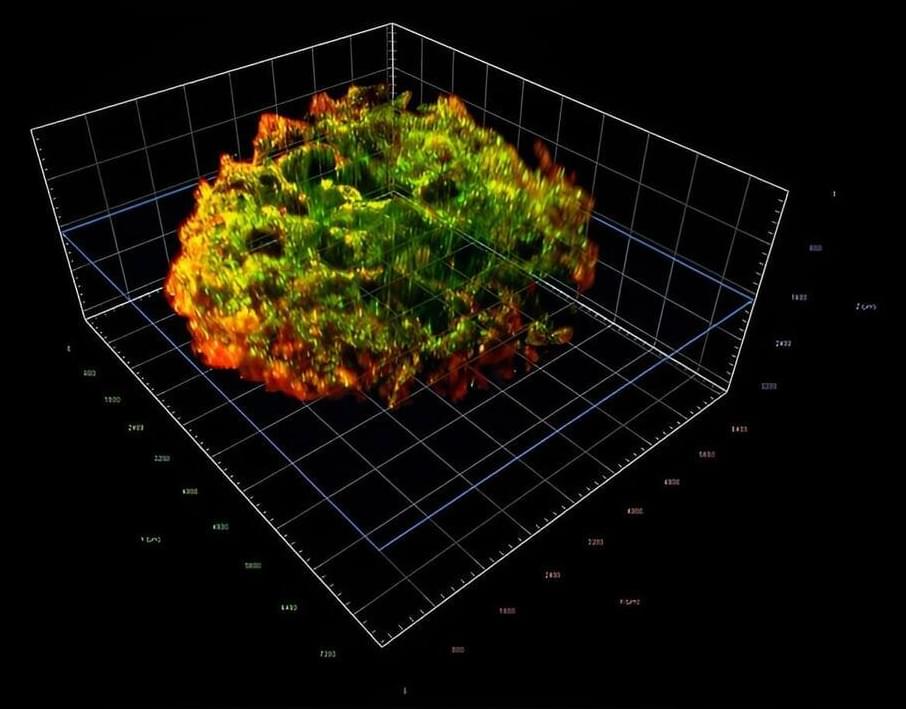Tumor cells are known to be fickle sleeper agents, often lying dormant in distant tissues for years before reactivating and forming metastasis. Numerous factors have been studied to understand why the activation occurs, from cells and molecules to other components in the so-called tissue microenvironment.
Now, an interdisciplinary Cornell University team has identified a new mechanism regulating tumor growth in the skeleton, the primary site of breast cancer metastasis: mineralization of the bone matrix, a fibrous mesh of organic and inorganic components that determines the unique biochemical and biomechanical properties of our skeleton.
The team’s paper, “Bone-Matrix Mineralization Dampens Integrin-Mediated Mechanosignalling and Metastatic Progression in Breast Cancer,” published Aug. 7 in Nature Biomedical Engineering. The co-lead authors are research associate Siyoung Choi and doctoral student Matthew Whitman.
